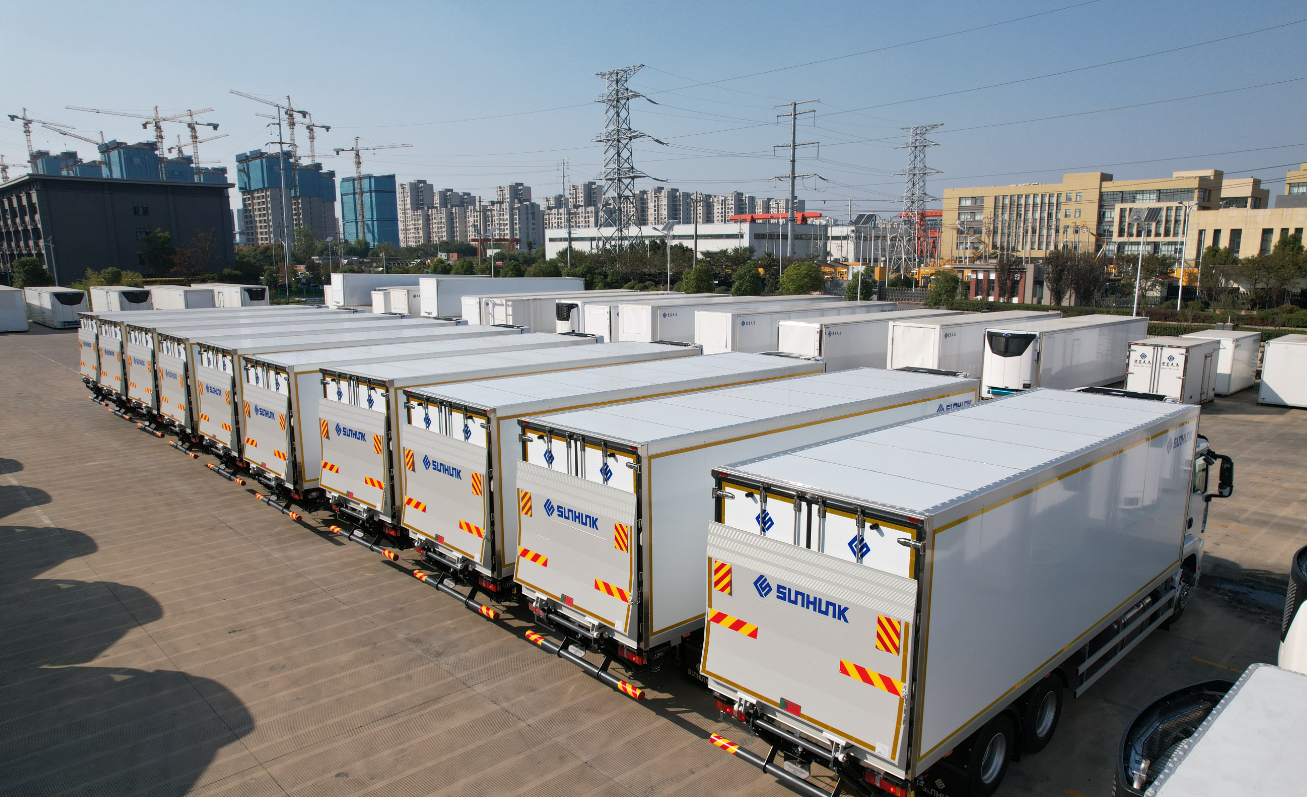- PRODUCTS
- SOLUTION
- SERVICE
- NEWS
- ABOUT US
A container semi-trailer costs $8,000 to $11,000 depending on the type. Basic skeleton trailers, ideal for standard container transport, have a 35-ton capacity, while tipper chassis models with hydraulic unloading systems are better for bulk materials like gravel, saving 30% unloading time. Regular maintenance extends lifespan to 10–15 years.
A Basic Skeleton Trailer is the most basic variant to carry shipping containers. These usually cost within a range of $8,000 to $10,000, thus allowing logistics and intermodal transport companies to do the job at relatively low costs. A standard skeleton trailer is designed to carry 20-foot and 40-foot containers with a maximum load capacity of 35 tons. With 250 container transfers a month, logistics companies may save up to 15 % of their initial investment costs as compared to another more advanced type of trailer purchase.
A skeleton trailer normally lasts between 10 to 15 years if properly serviced on a regular basis which involves the checking of the axles or even repainting the parts for protection against rust or corrosion.

A skeleton trailer is also less costly to maintain; its maintenance usually costs an average of 500 to 700 dollars per year, depending on the usage. In comparison, more complicated trailers, such as tipper chassis models, could easily cost over 1,200 dollars annually in maintenance costs alone. skeleton trailers are lighter in weight, which helps improve fuel efficiency. A regular truck and a skeleton trailer combine for approximately 6.5 miles to the gallon; heavier versions of trailers only get about 5.8 miles to the gallon and, therefore are more economical for longer hauls.
A Tipper Chassis Traile begin at about $9,000 and go to $11,000, a little more costly yet very versatile. In real-world applications, tipper trailers are great for construction and farm work. For example, a construction company that moves 200 tons of gravel every day can do the unloading work 30% faster than with a normal skeleton trailer. Over a year, this time efficiency translates into significant labor savings, often reducing operational costs by $3,000 to $5,000 annually.
Trucks towing a tipper trailer realize an estimated 6.0 miles per gallon, still competitive considering the added capacity. Hydraulic maintenance such as fluid changes and system checks will run a business around $1,000 per year, these costs are offset by the trailer's ability to handle an average of 15% more payload.
While skeleton trailers usually have a life span of 10 to 15 years, tipper chassis trailers will have a relatively shorter life expectancy of 8 to 12 years due to the wear and tear on their hydraulic systems. An agricultural business using a tipper trailer for grain transportation can handle 50% more trips per week compared with relying on a traditional flatbed or skeleton trailer, thus maximizing productivity during peak harvest seasons.